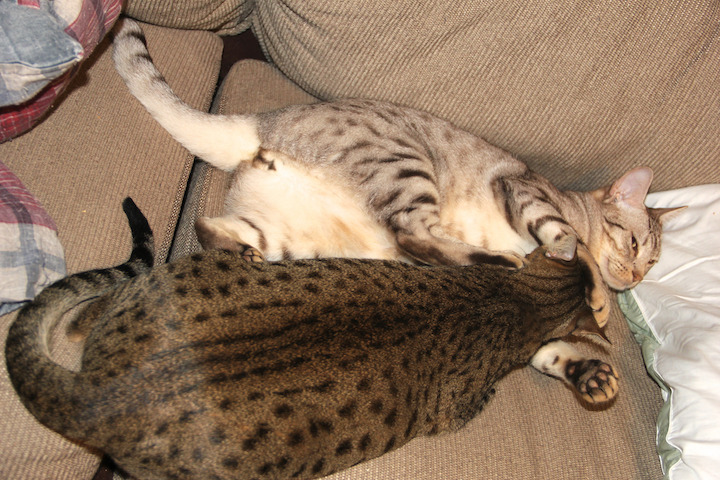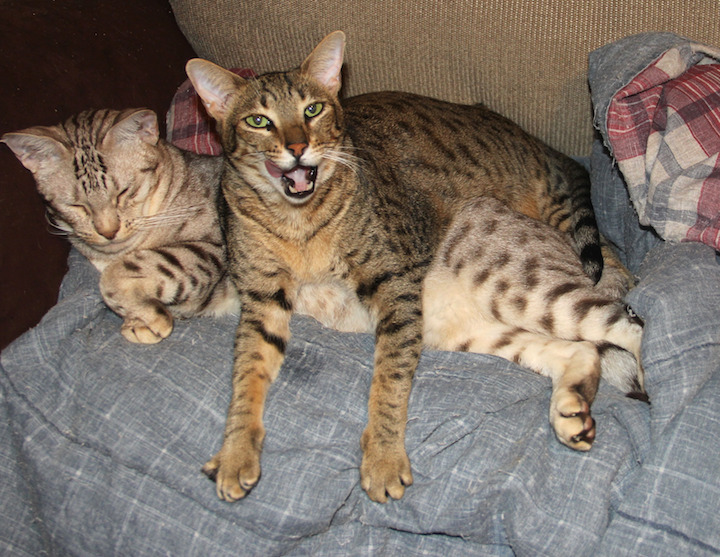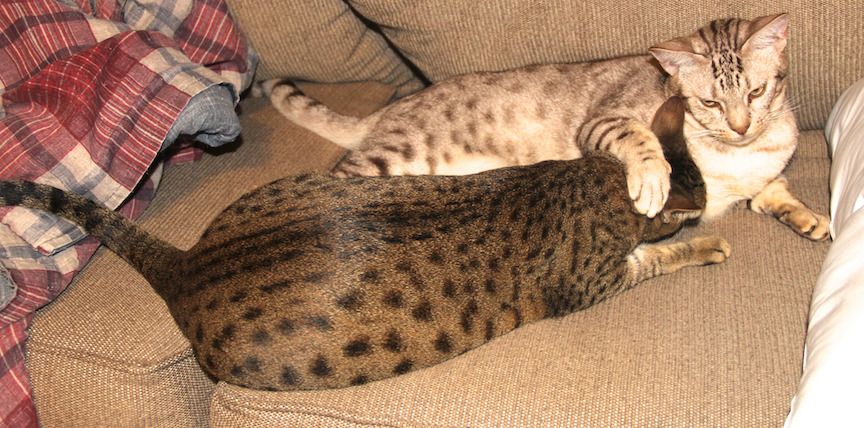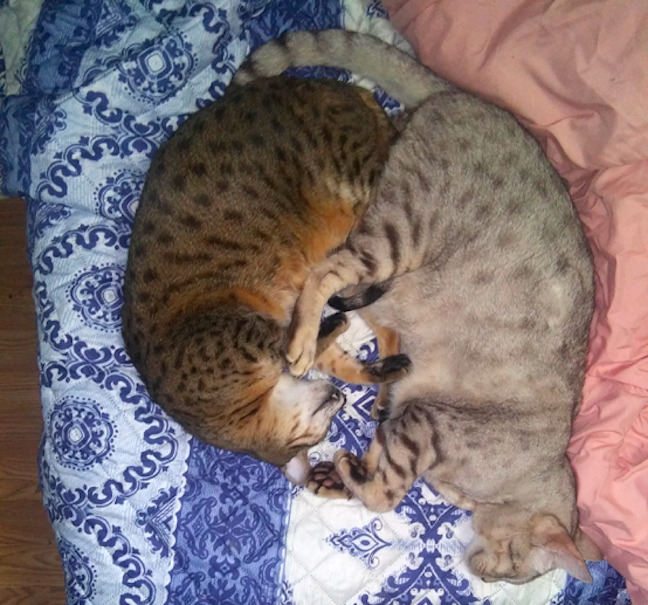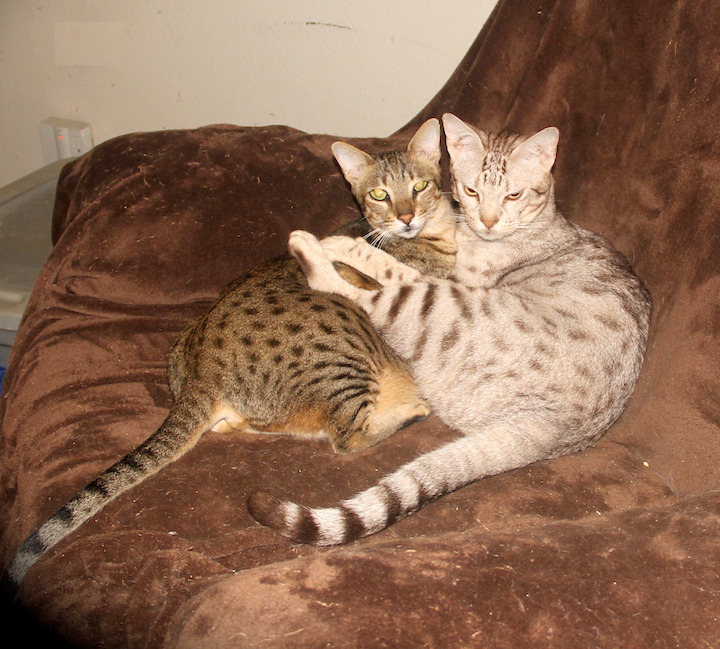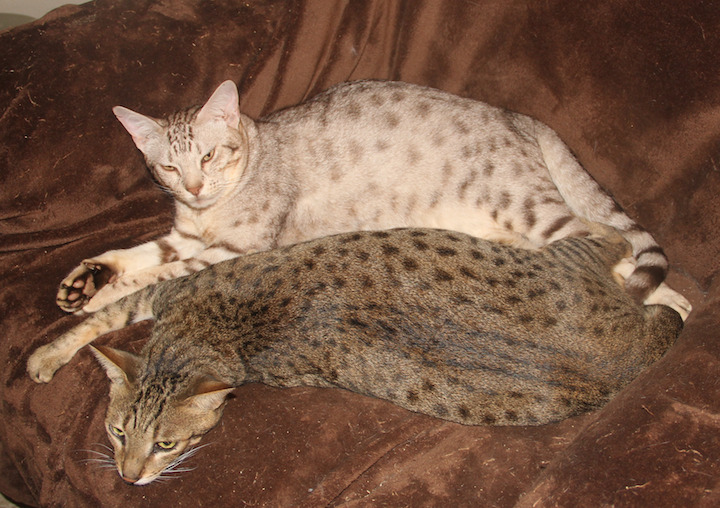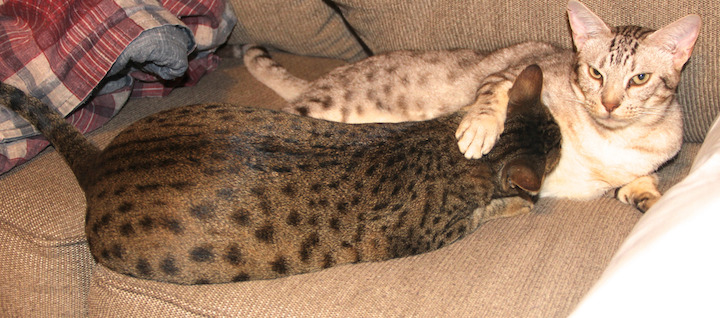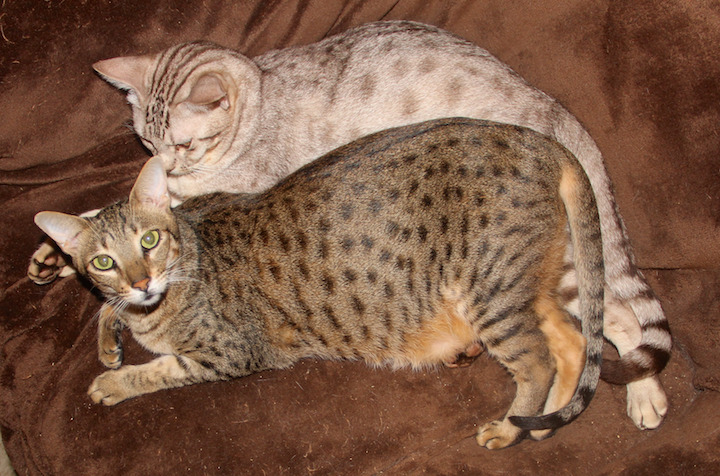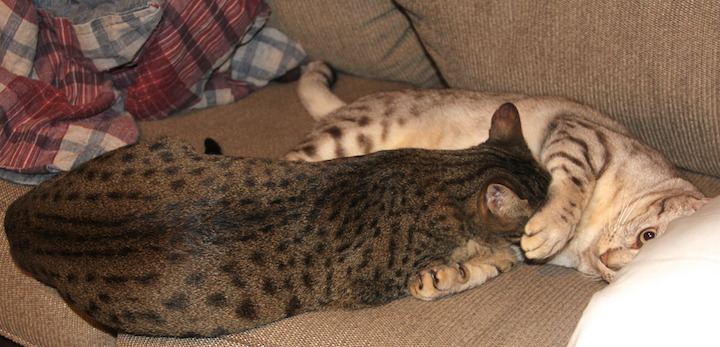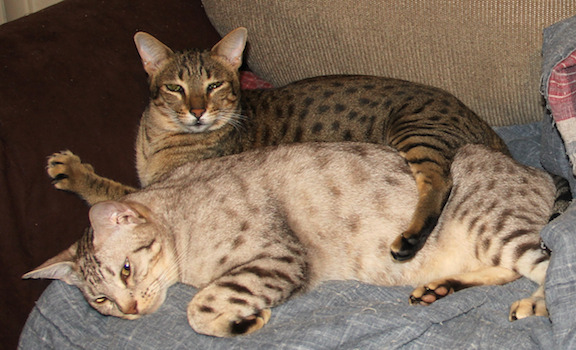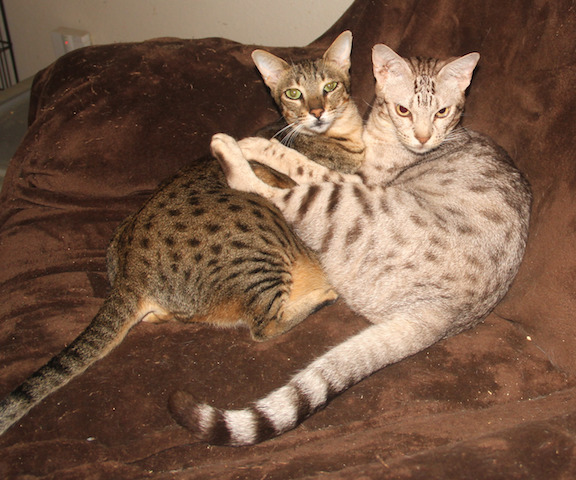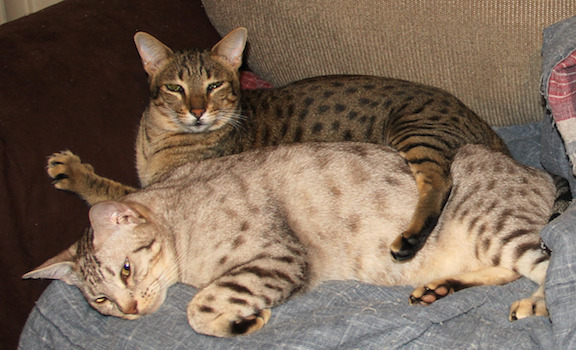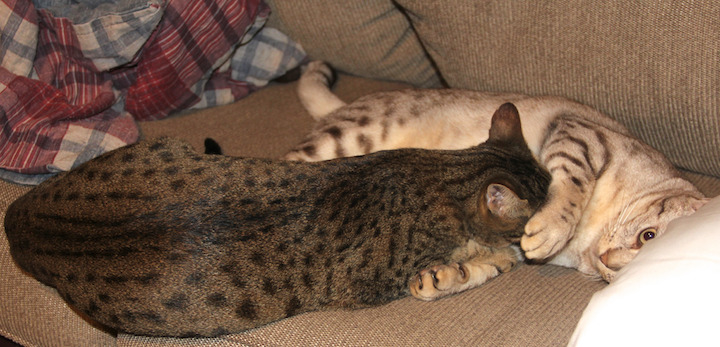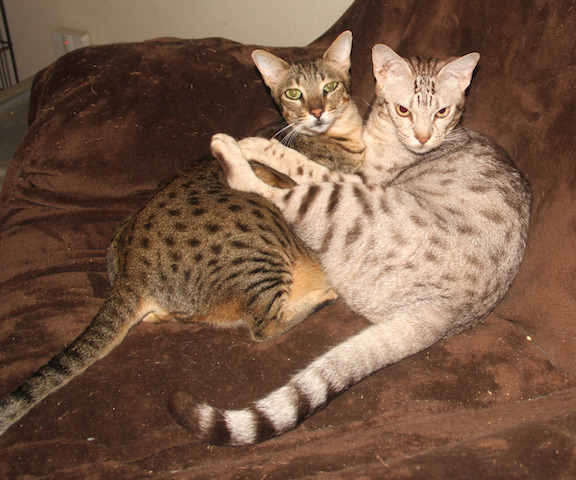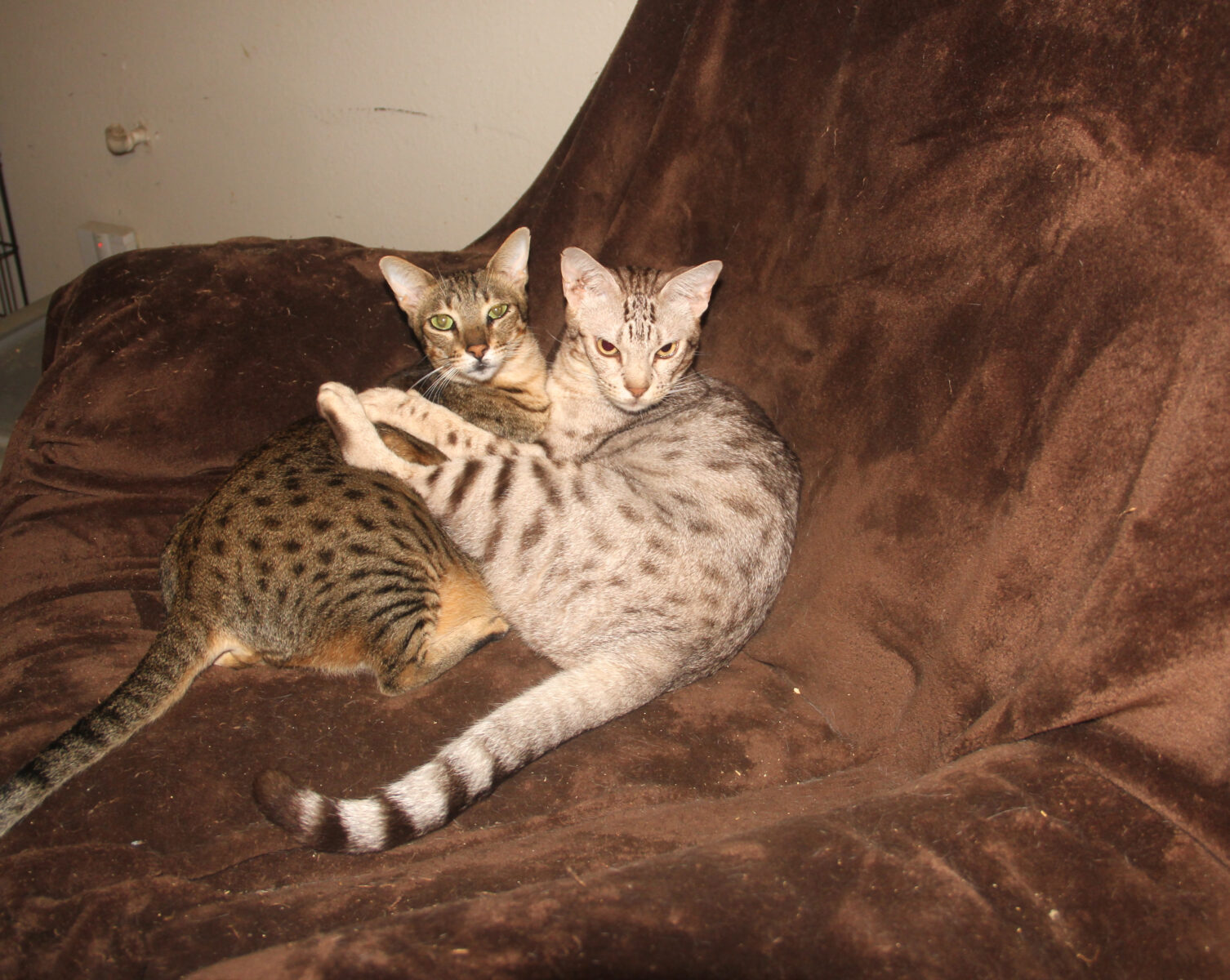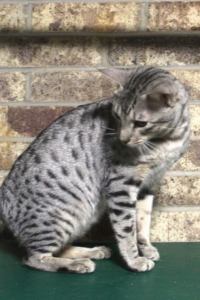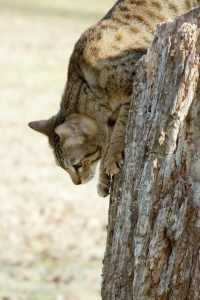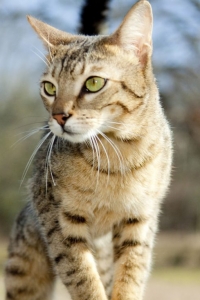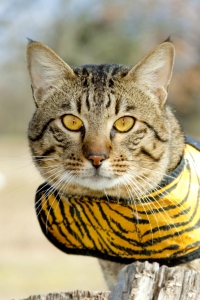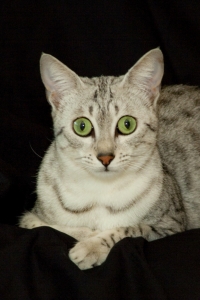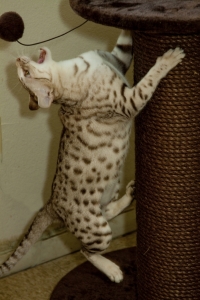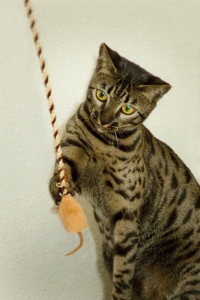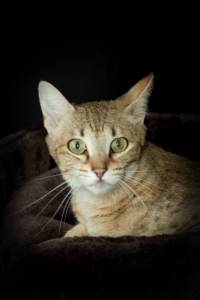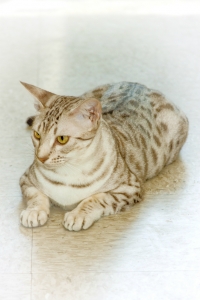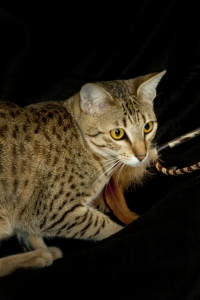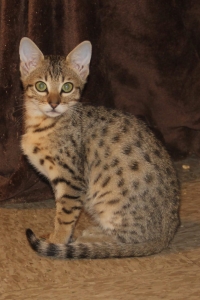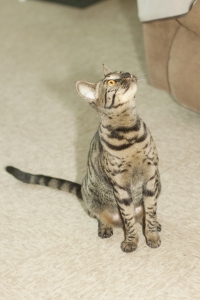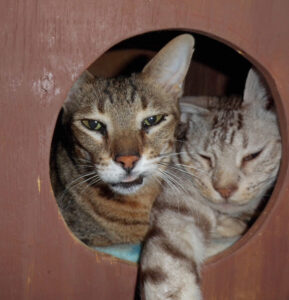
The bond that doesn’t break
The very definition of the word bond implies a connection built by sharing experiences. It would be wrong to believe that animals do not love. Most people believe because of their bonded relationship with their Pet children they love them, but never seem to acknowledge or recognize the bond between animals. Cats can have special relationships with their humans, but they will also be close friends with other animals.
Ever wondered how to find out whether your pets have this connection?
- They’re glued at the hip – Bonded catsformed a special close relationship attachment with each other. Usually these cats grow-up together living the same house for years. They’ll do everything together. They will seek to sleep together sitting/lying side by side, enjoying personal time and situation together. When one’s missing, the other would constantly look for them. Searching for the other in their favorite spots to hang out. It will seem like they would die without the other. And in some cases, this is what happens. That it becomes dangerous to separate them. They will also show signs of stress when not together.
- They always play together: They do everything together: playing, grooming, sleeping, cuddling, and eating they clean each other. Bonded pairs find ways to entertain themselves. One way to make this happen is to play together. The advantages play is to spend excess energy. Moreover, this exercise reduces the possibility of behavioral problems. It also promotes flexibility, confidence, improves the quality of sleep, reduces stomach problems and stress problems.
- Encouragement Respect, Communication: Although they play together at times, their relationship is one of support and affection. It gives a sense of emotional stability and well-being to related companions. They get depressed without one another, even for short periods of time. They groom one another. Grooming each other probably comes from the frequent grooming of the baby cat’s Queens as a means of cleansing and comforting them. Ultimately, it’s their way of expressing that they care for and respect the other cat.
- They keep each other happy Comfortable pace: Will seek the other when afraid. One of the advantages of embracing a bonded pair is that they prevent themselves from being sad. They’re never alone so they can keep each other entertained. Isolated cats are often stressed when you leave them at home by themselves. They show signs of stress by hiding, pacing, licking, vocalizing, clinginess, crankiness, and possibly displacement behavior. Physical signs are drooling, diarrhea, shedding, dilated pupils, and poor body posture. Cats who have bonded often adapt quickly to unfamiliar situations. But bonded pairs help each other to relax.
- Trust and Reliance– The relationship follows a gradual progress toward greater intimacy and even love. Which is fitting for bonded pairs as they will spend a lot of time together. Bonded cats rely on each other a lot. Most cats become possessive of their food particularly when other cats approach. But one sure sign of bonded cats is that they experience no problem eating together. However, their treats are of great value to them. Especially since it only comes out in the moments where they do something positive. For truly linked cats, they can share their treats. Studies indicate that cats who have spent time together will share their food. Even the most precious treats. One other thing it proves is that they can perform better when with other cats.
- They protect each other: Bonded cats can sense when one isn’t feeling comfortable. And in these situations, they’ll be each other’s shield. In fact, many pet parents see this in their pet children.
- Normal Behavior – Bonded cats are so in sync that they won’t need a lot of entertainment. Because they entertain themselves.
Pictures posted in this blog Ocicat male Paylor and Savannah female Pay Pay. When Pay Pay was weaned, she sought refuge of another, it was Paylor. Though they are closely bonded her relationship with him is the greatest. She gets depressed and gets sick when they apart. Paylor’s been suffering from ear problems since he was six weeks old. This caused three major surgical procedures. Every surgery required him to be separated from other animals for days, approximately one to two weeks. In the course of these detachments, I notice that Pay Pay becomes depressed. She wasn’t herself, clingy, lying down and sometimes seems to be searching. I’m sure she was looking’ for Paylor. The day Paylor returned home when it was good for him to be with the others, it was a spectacle to watch. The minute she saw Paylor, it was gold. Instantly, they were together, rubbing, snuggling and cleaning, and she didn’t want to lose sight of him for days. The images of the pair on this blog are what I see each day.
